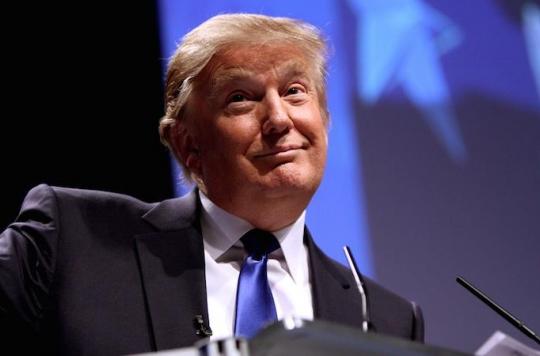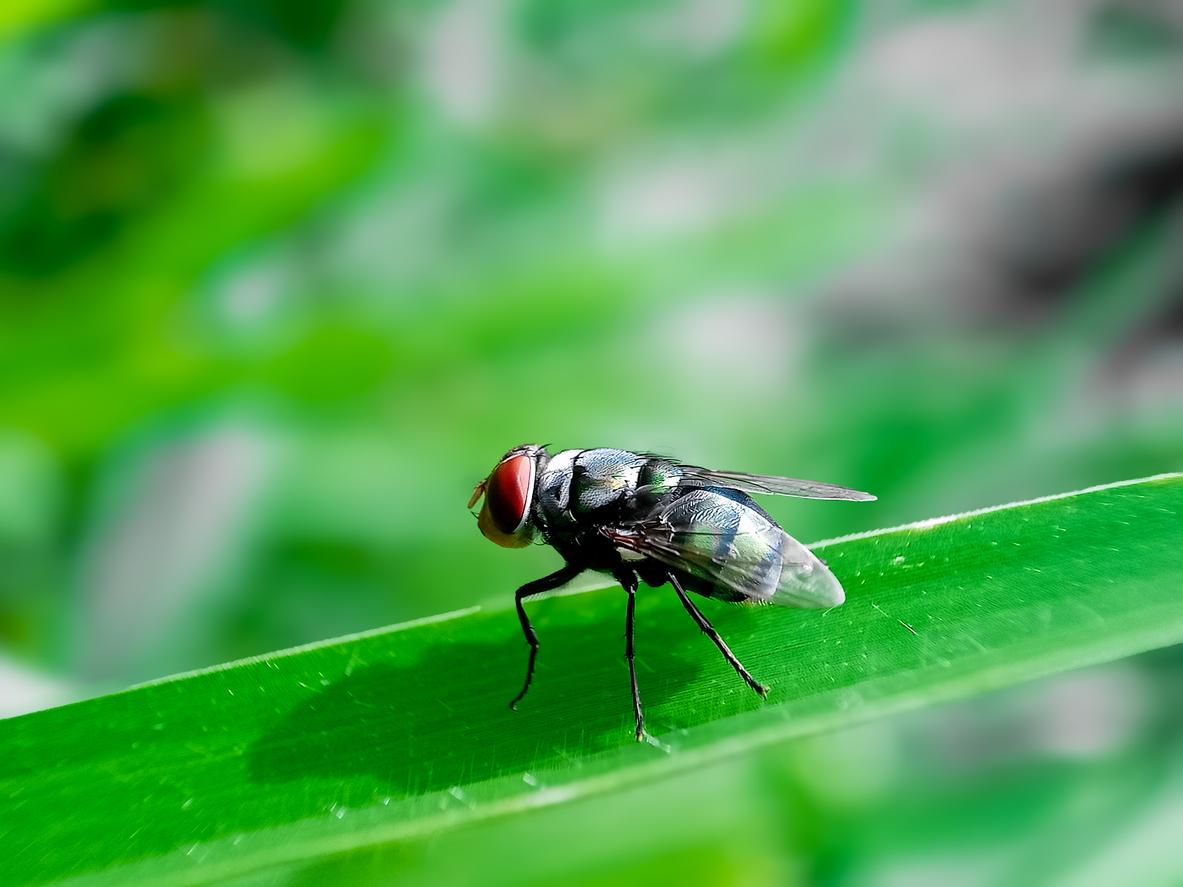Donald Trump’s administration wants to withdraw billions of dollars in subsidies from American medical research. Scientists are worried about it.

In three months of exercise, the President of the United States seems to have developed a rare gift: that of arousing indignation at each major decision. The latest one once again attracts the wrath of the scientific and medical community. The administration of Donald Trump has proposed to reduce by $ 1.23 billion the sums granted to the National Institutes of Health (NIH), within the framework of the operating budget of the federal state.
The government has until April 28 to make the envelope vote which will allow it to shoot until October. If this first version is adopted, the consequences could be dire for global medical research. Not to mention that, in addition to the immediate reduction, the administration wants to reduce the NIH’s budget by $ 5.8 billion in 2018. This would represent an 18% decrease from the previous year.
Essential funding
Alarmingly, the bulk of the cuts are aimed at grants to various biomedical research teams in the country. The explanation provided by Tom Price, Secretary of Health and Social Services, is difficult to convince. “About 30% of the grants that are allocated are used for indirect expenses, which means that the money is used for different purposes than the research planned,” he says. Affirmation difficult to verify. The consequences are easily quantifiable.
80% of the NIH budget is spent on grants. These are granted to approximately 300,000 teams spread across the United States. Among them, the prestigious Johns-Hopkins University in Baltimore, but also the University of Augusta, Georgia. Eric Belin from Chantemèle works there. This French researcher expatriate in the United States tries to be optimistic, and wants to believe in the influence of the members of the Congress.
The slow decline in subsidies
If the budget is adopted as is, he continues, “all universities in the United States will have big funding cuts and will hardly be able to do research. This would spell the end of university research in the United States. There is still hope: the Congress – made up of the House of Representatives and the Senate – has yet to validate this budget proposal. Otherwise, we will witness a shutdown, like the one that occurred during the Obama era.
The battle is likely to be tough, because the research budget has already been slimming down for several years.
“When I arrived in the United States 10 years ago, the laboratories had 2 to 3 post-doctoral researchers. Now we work with a technician, a thesis student and a post-doc, illustrates Eric Belin from Chantemèle. It has greatly affected our daily activity. “In fact, according to figures cited by Vox30% of funding requests were approved by the NIH in 2000. Today, approximately 17% of these applications are accepted.
Unlike the French national institutes, where researchers are civil servants, the United States applies a simple rule: no money, no laboratory. Universities whose financial situation is strained must therefore lay off entire teams. “This creates a fairly significant climate of tension. The research budget has already fallen significantly and some researchers have closed their laboratories, ”confirms Eric Belin from Chantemèle. Moody’s agency itself warned : this proposal risks worsening the finances of certain universities which are cruelly dependent on these grants.
The devastation for infectious diseases
One sector risks suffering, perhaps more than the others, that of infectious diseases. In this area, the United States is often seen as a leader. This era may well be on the wane. In particular, the Trump administration proposed to cut funding for PEPFAR (President’s Emergency Plan for AIDS Relief) by $ 300 million.
“This program for the fight against AIDS in the world is present on mother-to-child transmission and prevention among minorities,” explains Professor Gilles Pialoux, infectious disease specialist at Tenon hospital (Paris). This is worrying, at a time when the Global Fund to Fight AIDS and Tuberculosis has cut its budgets. “
International consequences
The fall in investment would have serious consequences for those who depend on it, mainly on the African continent. Because research programs promote access to screening, antiretroviral treatment, prevention of mother-to-child transmission… “To stop funding them is to interrupt the cascade of care”, summarizes Professor Pialoux.
If the United States decides to end its efforts, it is in fact the entire international community that will pay the price. Starting with the American citizens themselves. “Public health and infectious diseases, which are very sensitive to political decisions and ideology, should be the subject of increased vigilance”, warns Gilles Pialoux.
Caution is required: these proposals, even if they are not voted on, bode ill for the rest of Donald Trump’s term. “I find that very shocking, because research allows the development of a whole country, a whole culture”, concludes Eric Belin of Chantemèle. The situation could not be summed up better.
.















